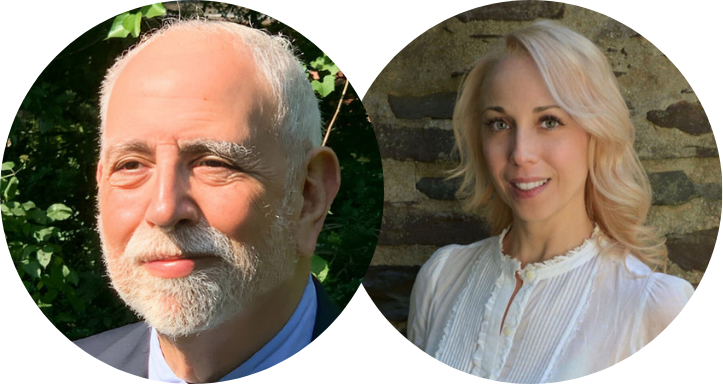MDLPA: Autism and the Law
Presented by: Michael Perlin, JD and Heather Ellis Cucolo, JD
 This on-demand professional training program on Autism and the Law is presented by Michael L. Perlin, JD, and Heather Ellis Cucolo, JD, in partnership with Mental Disability Law and Policy Associates.
This on-demand professional training program on Autism and the Law is presented by Michael L. Perlin, JD, and Heather Ellis Cucolo, JD, in partnership with Mental Disability Law and Policy Associates.
In recent years, far greater attention has been paid to the interactions between persons with autism and the legal system. These interactions include criminal law, mental disability law, sexually violent predator law, the Americans with Disabilities Act, and other civil cases. Issues range from those related to Internet-related pornography offenses to “eviction” from convenience stores. In this program, participants learn about the legal and social hurdles that persons with autism must confront, including access to counsel; criminal trial complications; civil law and anti-discrimination law as it applies to persons with autism; persons with autism in the mental disability law context; juvenile considerations; persons with autism facing sexual, violent predator legislation; forensic issues in jails and prisons; issues in treatment and housing in the community; and issues related to expert diagnosis and evaluation.
Upon completion of this training, participants will be able to:
Key topics covered in this training include:
About Autism
Jurisprudential Filters
Autism and Access to/Quality of Counsel; Judicial Attitudes
Autism and Criminal Law (Pre-Trial)
Autism and Criminal Law (At Trial)
Autism and Forensic Issues
Autism and the SVPA Process
Autism and Mental Disability Law
Autism and Juveniles
Autism, Anti-Discrimination Law and Community Issues

We are proud to partner with Mental Disability Law and Policy Associates, LLC for this training. MDLPA is a boutique educational training company that offers specialized mental disability law consulting, the creation or enhancement of distance learning programs, in-house or online courses, and day or weekend training seminars to reputable organizations, educational institutions, professional groups, and advocacy groups focused on providing advanced knowledge and skills to persons working with marginalized populations.
Palo Alto University, Continuing & Professional Studies (CONCEPT) is approved by, recognized by, or maintains sponsorship provider status with the following boards and agencies. We maintain responsibility for all content in our CE/CPD programs. For more information, visit here.
American Psychological Association (APA): Approved sponsor of continuing education for psychologists.
Association of Social Work Boards (ASWB): Approved continuing education provider (ACE program, Provider #1480), 11/22/2023–11/22/2026.
Canadian Psychological Association (CPA): Approved to sponsor continuing education for psychologists.
National Board for Certified Counselors (NBCC): Approved Continuing Education Provider (ACEP No. 7190).
Palo Alto University, Continuing and Professional Studies (CONCEPT) is approved by the American Psychological Association to sponsor continuing education for psychologists. Palo Alto University, Continuing and Professional Studies (CONCEPT) maintains responsibility for this program and its content. Palo Alto University, Continuing and Professional Studies (CONCEPT), is approved by the Canadian Psychological Association to offer continuing education for psychologists. Palo Alto University, Continuing and Professional Studies (CONCEPT), SW CPE is recognized by the New York State Education Department’s State Board for Social Work as an approved provider of continuing education for licensed social workers #SW-0356 and the New York State Education Department’s State Board for Mental Health Practitioners as an approved provider of continuing education for licensed mental health counselors. #MHC-0073. Palo Alto University, Continuing and Professional Studies (CONCEPT) has been approved by NBCC as an Approved Continuing Education Provider, ACEP No. 6811. Programs that do not qualify for NBCC credit are clearly identified. CONCEPT Professional Training, #1480, is approved to offer social work continuing education by the Association of Social Work Boards (ASWB) Approved Continuing Education (ACE) program. Organizations, not individual courses, are approved as ACE providers. State and provincial regulatory boards have the final authority to determine whether an individual course may be accepted for continuing education credit. CONCEPT Professional Training maintains responsibility for this course. ACE provider approval period: 11/22/23-11/22/26. Social workers completing this course receive (clinical or social work ethics) continuing education credits.